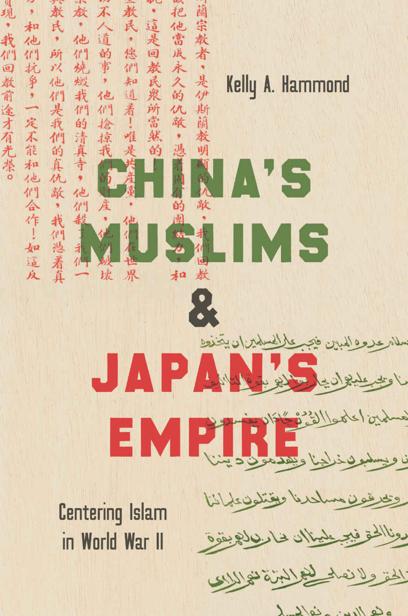

Most ebook files are in PDF format, so you can easily read them using various software such as Foxit Reader or directly on the Google Chrome browser.
Some ebook files are released by publishers in other formats such as .awz, .mobi, .epub, .fb2, etc. You may need to install specific software to read these formats on mobile/PC, such as Calibre.
Please read the tutorial at this link: https://ebookbell.com/faq
We offer FREE conversion to the popular formats you request; however, this may take some time. Therefore, right after payment, please email us, and we will try to provide the service as quickly as possible.
For some exceptional file formats or broken links (if any), please refrain from opening any disputes. Instead, email us first, and we will try to assist within a maximum of 6 hours.
EbookBell Team

4.1
100 reviewsThis
history can be told only by reinstating agency to Muslims in China who
became active participants in the brokering and political jockeying
between the Chinese Nationalists and the Japanese Empire. Hammond argues
that the competition for their loyalty was central to the creation of
the ethnoreligious identity of Muslims living on the Chinese mainland.
Their wartime experience ultimately helped shape the formation of
Sino-Muslims’ religious identities within global Islamic networks, as
well as their incorporation into the Chinese state, where the conditions
of that incorporation remain unstable and contested to this day.